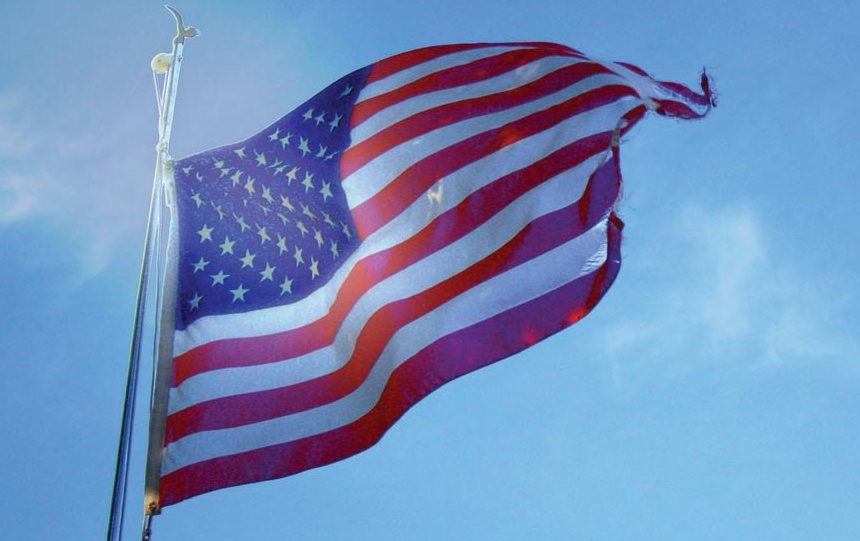
As I observe the process of a new president organizing his administration, I am reminded of the sobering responsibility accompanying an appointment to a position as our country’s representative. People serving in the top levels in the departments and agencies of our government are chosen by the president as his emissaries in carrying out the policies he was elected to pursue.
Many require the approval of the U. S. Senate, and all of them are subject to the Constitution and laws of the United States.
When I was privileged to receive one such assignment, like all the others so chosen, I swore this oath:
“I do solemnly swear that I will support and defend the Constitution of the United States against all enemies, foreign and domestic; that I will bear true faith and allegiance to the same; that I take this obligation freely, without any mental reservation or purpose of evasion; and that I will well and faithfully discharge the duties of the office on which I am about to enter. So help me God.”
As those words sank in, I felt the mantle of public trust come to rest on my shoulders, and I tried to commit myself to fulfilling the responsibility all of that implied.
Then one day, I gained further realization of just how powerful the role of our country is around the globe. The occasion was an international conference where leaders of other nations were gathered in a big meeting room to discuss matters of mutual interest and chart the course for the next steps in serving the people of the countries we represented.
Our agenda suggested the occasion was destined to last most of the day, as there were many speakers to be called upon by a moderator following a schedule of topics and issues to be addressed.
Each leader spoke from his place at the tables arranged so as to form a big square where everyone could see each other. One by one, they read from prepared material, assisted by staff members sitting behind them. There was a din of noise in the room, cell phones ringing, people milling around, being distracted by side bar conversations and people coming and going from their seats.
I was surprised that so many were not paying a lot of attention to the speakers as their turns were announced. Then came the time when the moderator said, “Now we will hear from the representative of the United States.”
With those words the room suddenly became silent. Everyone stopped whatever else they were doing. All the eyes in the room turned in my direction.
They weren’t looking at Richard. Alas, few had ever met me. They were looking at the guy sitting behind a nameplate that read “The United States.” I realized at that moment something that surprised me but probably should not have. The rest of the world looks more to our country than any other.
This conference wasn’t even about anything as profound as national or world security, or economic leadership, or human rights, or anything one might have encountered on the front pages of the newspapers.
The subject we were dealing with was environmental quality. Significant, yes. But the people that day in leadership roles in other countries turned their full attention to the person representing the most successful nation in the world.
That occasion gave personal meaning to the words of John F. Kennedy on the day of his inauguration:
“I do not believe than any of us would exchange places with any other people or any other generation. The energy, the faith, the devotion which we bring to this endeavor will light our country and all who serve it – and the glow from that fire can truly light the world.”
Perhaps political opinions and differences that divide us should be guided by the reality that we are the freest people in human history and the envy of the rest of the world.
Richard Greene was Arlington’s mayor from 1987-1997, was appointed by President George W. Bush as Regional Administrator to the EPA, and currently teaches in the University of Texas Arlington’s graduate program in the College of Architecture, Planning and Public Affairs.
















